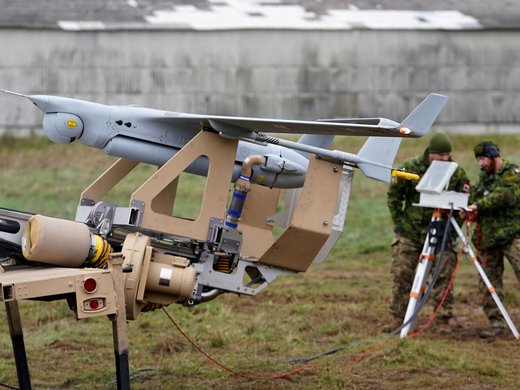Satellites support communications, navigation, security, search and rescue and scientific research across the Arctic. The number of satellites is growing quickly, creating opportunities for growth and development. However, the increased use of space also carries risks for national and regional governments, local communities, Indigenous organizations and companies. Satellites are vulnerable to system failures, deliberate attacks and natural forces such as solar storms. Redundancies of all kinds are needed to protect against these risks. For instance, ground-based navigational aids to aviation should be maintained, notwithstanding the cost-saving attractions of GPS. At the same time, satellites contribute to Arctic security through an enhanced understanding of what potential adversaries are doing — or not doing. One of the great geopolitical risks in the Arctic involves security dilemmas, where states feel compelled to build up their military capabilities in an escalating series of responses to suspected increases by others. Satellites help to prevent unnecessary escalations, accidents and arms races.


